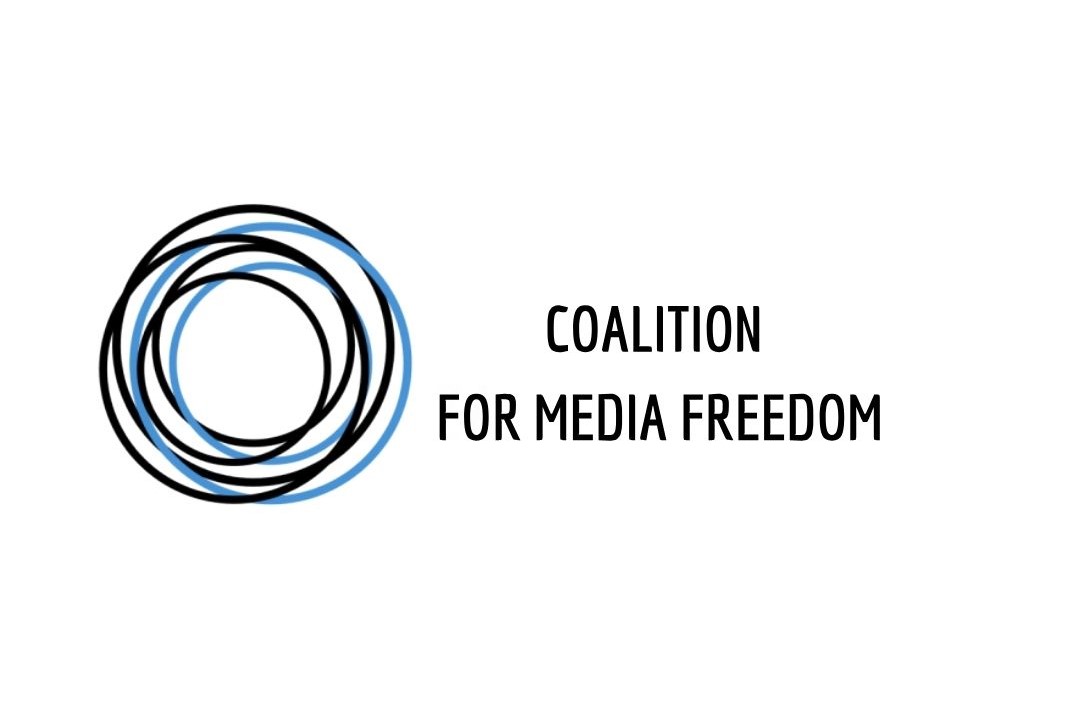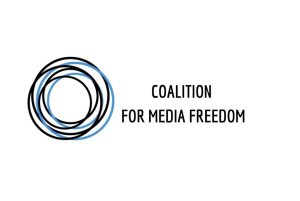The Coalition for Media Freedom expresses serious concern about the manner in which the Ministry of Information and Telecommunications has conducted the process of amending three key media laws: the Law on Public Information and Media, the Law on Electronic Media, and the Law on Public Media Services.
Although the Action Plan for the implementation of the Media Strategy has still not been adopted, the Ministry has simultaneously initiated procedures to amend laws that are of particular public interest, ignoring the principles of transparency, participation, and legality.
We remind that, according to Articles 77 and 78 of the Law on State Administration, as well as the Decree on the Manner, Procedure and Principles for Conducting Public Consultations, public debates are mandatory for laws concerning public interest, and their duration may not be shorter than 20 days. In this case, drafts of two laws were never published, and no public consultation was held.
In the case of the Law on Public Media Services, a public consultation was formally conducted, but during the New Year and Christmas holidays, from December 27, 2024 to January 16, 2025, within the shortest possible legal timeframe, without genuine opportunity for quality public debate. Out of more than 50 proposals submitted during the consultation, only four technical corrections—regarding names of certain institutions—were adopted, while substantive comments, such as those concerning the financial independence of public media services and the problematic replacement of the term “republic” with “national”, were entirely ignored.
The drafts of the Law on Public Information and Media and the Law on Electronic Media were never published and have not gone through any form of public consultation. Working groups were formed and completed their work within just two weeks in December 2024. The documents were then submitted to the European Commission for comments, without any prior public consultation.
It is particularly concerning that members of the working groups—including some representatives of organizations that are part of the Coalition for Media Freedom—did not receive working versions of the texts on time, nor did they have adequate opportunity for meaningful and informed discussion. The process was non-transparent, exclusive, and conducted in contradiction to the fundamental principles of democratic law-making.
In this context, NUNS, NDNV, and GS KUM Nezavisnost have decided not to attend the Ministry’s closed-door meetings, where draft laws are being presented without having first been made available to the members of the working groups and the wider professional public. We expect all draft laws to be immediately published and a formal public consultation lasting at least 20 days to begin, in order to ensure the process is lawful and aligned with European standards.
We also call on the international community—especially those actors who participate in and support Serbia’s development and reform processes as observers or partners—to call on the Government of the Republic of Serbia to uphold the core principles of rule of law, transparency, and participation. Reforms in the field of media legislation can only be credible if carried out in an open, inclusive, and accountable institutional environment.
There is no justification for adopting media laws behind closed doors, without involving those directly affected by such legislation—journalists, media professionals, editors, publishers, and citizens. Transparency, accountability, and public participation are not formalities, but prerequisites for reforms in the interest of democracy.
Coalition for Media Freedom
Belgrade, May 16, 2025
The Coalition for Media Freedom: the Association of Media, the Association of Online Media (AOM), the Independent Journalists’ Association of Vojvodina (NDNV), the Independent Journalists’ Association of Serbia (NUNS), the Business Association of Local and Independent Media “Local Press”, the Slavko Curuvija Foundation and Branch Trade Union of Culture, Arts and Media ‘Nezavisnost’




